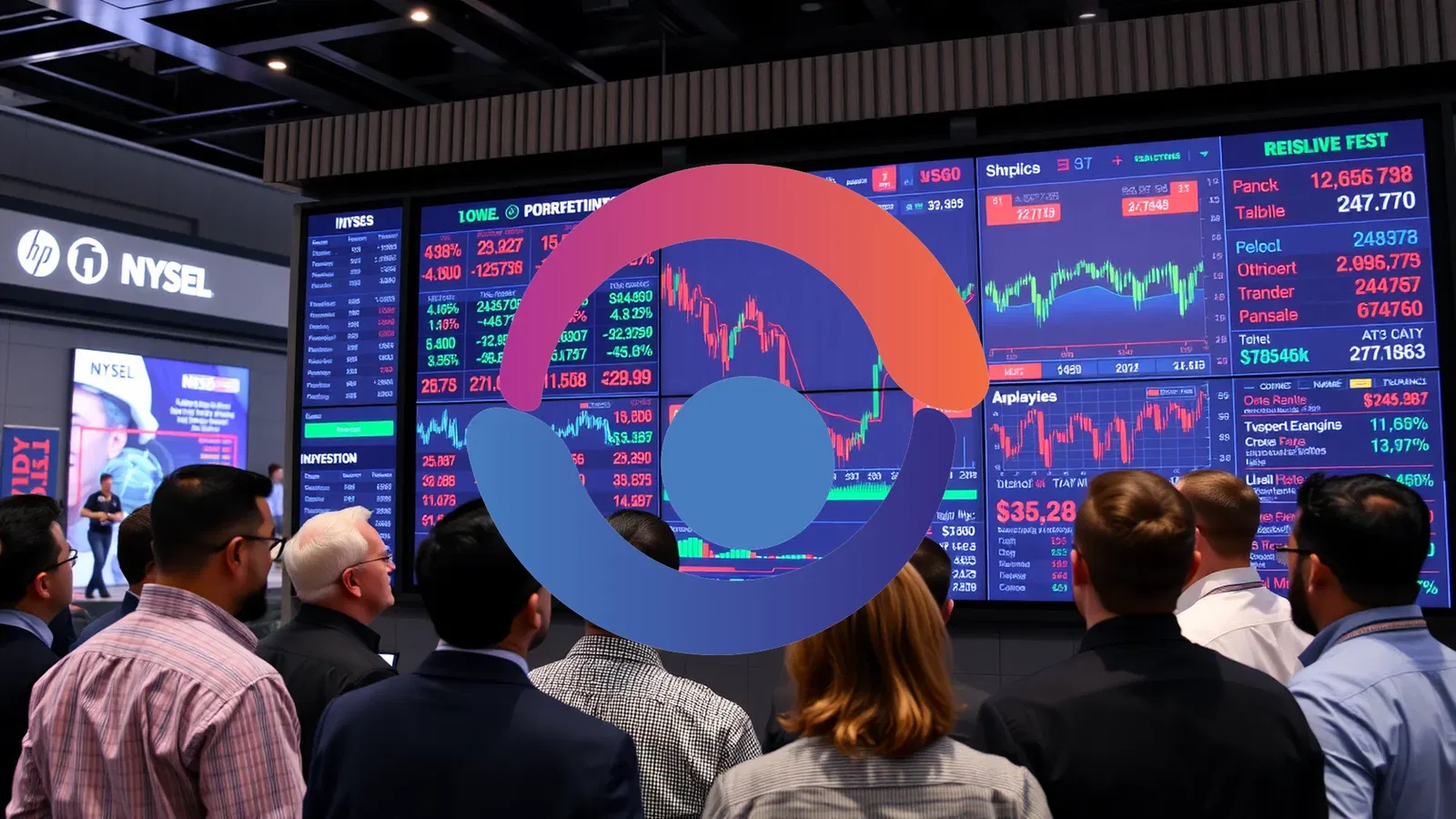Brazil’s steel industry is facing an existential threat, and Gerdau S.A., the nation’s steel titan, finds itself at the center of a severe market downturn. The company is confronting a dual challenge: a collapsing domestic market and intense global competition, raising questions about whether its robust international operations can provide a lifeline.
A Dire Warning from Leadership
The gravity of the situation was underscored by a stark warning from André Gerdau Johannpeter, the company’s Chairman of the Board. He stated that without decisive intervention, Brazil faces a severe reduction in its domestic steel production capacity. This alarming forecast is supported by hard data, with projections indicating that imports of rolled steel into Brazil are set to surge by 32% in 2025, reaching a record 6.3 million tons. This influx, heavily driven by state-subsidized Chinese producers who are undercutting prices, is increasingly squeezing out local manufacturers.
The human impact of this competitive pressure is already evident. Since September 15, employees at Gerdau’s Pindamonhangaba plant have been on strike. The industrial action is a direct response to management’s announcement that it will shutter the facility’s cylinder production division, a move that will eliminate 400 jobs. The company has confirmed this is a necessary reaction to what it describes as an intensely “challenging market.”
Hard Data Underpins the Crisis
Key metrics paint a clear picture of an industry in distress:
* Operating rates at Brazilian steel mills have plummeted, with facilities running at just 65% of their capacity—a 35% idle rate that far exceeds the 20% level considered sustainable.
* The country’s crude steel output contracted by 4.6% in August.
* Domestic sales of steel products fell by 6.9%.
* The nation’s apparent steel consumption collapsed by 11.3%.
Should investors sell immediately? Or is it worth buying Gerdau?
In response, the Brazilian government has implemented defensive measures. A quota system with reduced tariffs of 9-13% was instituted in June 2024 and has been extended through May 2026. Any imports exceeding these established quotas are subject to a full 25% tariff. Furthermore, the import quotas for 13 specific steel products were tightened even further in July 2025.
North American Operations Provide a Crucial Lifeline
As its home market struggles, Gerdau’s North American division is delivering standout performance. For the second quarter of 2025, the company reported a 7% quarter-over-quarter increase in its adjusted EBITDA. This growth was powered primarily by its U.S. operations, which contributed a substantial 61% of the entire corporation’s earnings. The consolidated net profit climbed 14% to 864 million Brazilian reais.
Shareholders are directly benefiting from this international strength. The company distributed a dividend of 0.12 reais per share and has an active share buyback program underway. Despite the strong overseas performance, Gerdau continues to bet on its domestic future, directing 80% of its 1.6 billion real investment budget back into its Brazilian operations.
Despite these significant operational headwinds, analyst consensus on the stock remains a “Moderate Buy,” with a price target of $3.80. However, the prevailing “Fear” sentiment in the markets, reflected by a reading of 39 on the relevant index, indicates that investors will require more than just strong overseas results to rebuild their confidence in the company’s trajectory.
Ad
Gerdau Stock: Buy or Sell?! New Gerdau Analysis from February 7 delivers the answer:
The latest Gerdau figures speak for themselves: Urgent action needed for Gerdau investors. Is it worth buying or should you sell? Find out what to do now in the current free analysis from February 7.
Gerdau: Buy or sell? Read more here...










